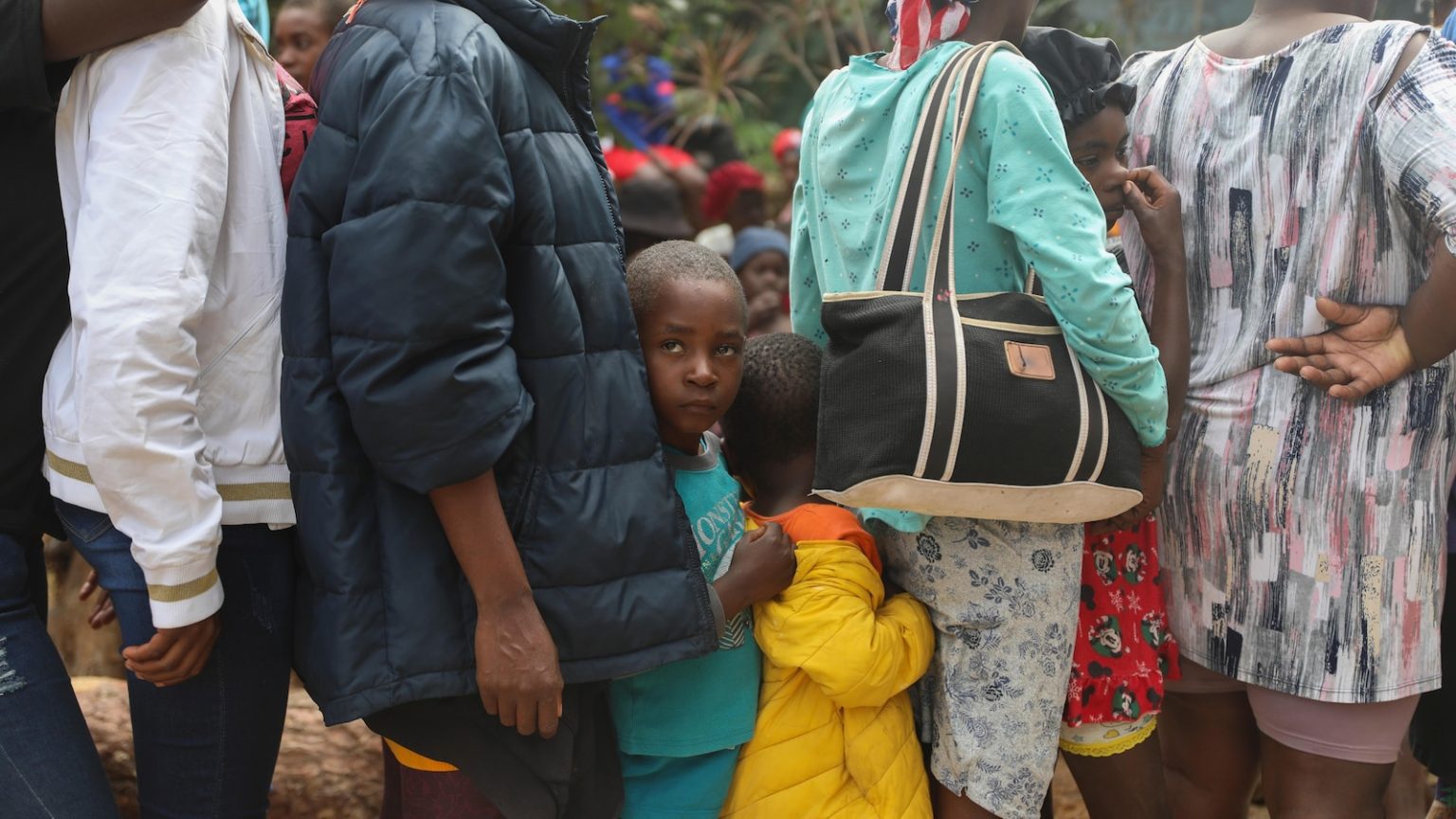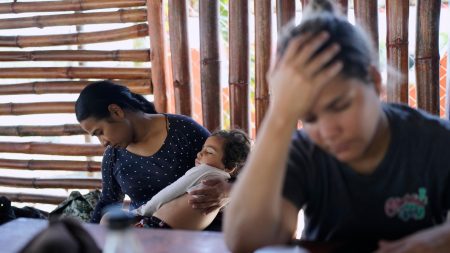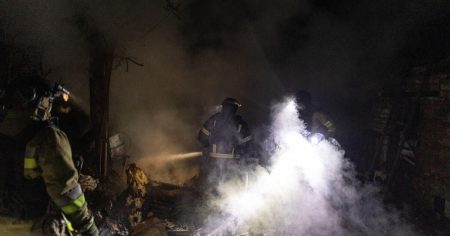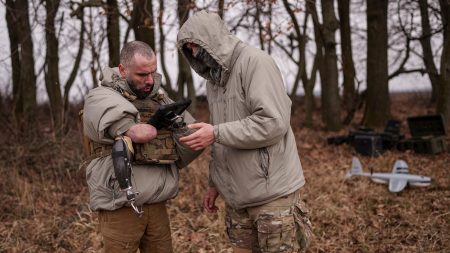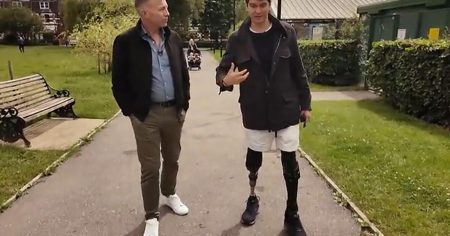Haiti’s Children Trapped in a Cycle of Gang Violence and Desperation
The situation for children in Haiti has reached a dire level, as they are increasingly being dragged into the escalating gang violence that has engulfed the country. A recent report by Amnesty International paints a harrowing picture of young lives stolen by forced recruitment, exploitation, and violence. The report reveals that children as young as 10 years old are being coerced into working for gangs, with some even forced to carry weapons, act as spies, and run dangerous errands for gunmen. One boy, who remained anonymous, shared his terrifying experience: “They killed people in front of me and asked me to burn their bodies. But I don’t have the heart for that.” This story is just one of many that highlight the relentless pressure children face to join gangs, often out of sheer desperation fueled by hunger and fear.
Forced Recruitment and Exploitation: The Bleak Reality for Haiti’s Children
The recruitment of children into gangs has become alarmingly common in Haiti. According to UNICEF estimates, between 30% and 50% of gang members are children, many of whom have no choice but to join. The country’s economic collapse and rampant insecurity have left millions of families on the brink of starvation, with nearly two million people facing severe hunger and more than one million children living in gang-controlled areas. In the capital, Port-au-Prince, an estimated 85% of the city is under gang rule, leaving children with little to no escape from their grasp.
One 16-year-old boy described his role in running errands for a gang, stating, “(The gangs) are in control. And there is nothing you can do about it.” This sentiment is shared by many children who feel trapped in a world where refusing to comply with gang orders could mean death for themselves or their families. The report also highlights the widespread use of children as spies, tasked with gathering intelligence on police and rival gangs. This exploitation not only robs children of their childhood but also exposes them to unimaginable trauma and danger.
Sexual Violence and Gender-Based Abuse: AHidden Epidemic
The plight of Haiti’s children is further exacerbated by the pervasive sexual violence perpetrated by gang members. Girls and young women are particularly vulnerable, with harrowing accounts of collective rapes and forced pregnancies. In a country where access to healthcare is severely limited, the physical and emotional scars of such violence are often left untreated. One teen recounted being raped by six men, while her sister was assaulted by five others. Another girl, who became pregnant after being raped by three men, described how she was left naked in public and later found by strangers who clothed her. The trauma of such experiences is compounded by the stigma and shame that often prevents victims from seeking help.
The report also reveals that many children have lost faith in the authorities, with one 16-year-old girl stating, “Are you kidding me? It’s not possible… There is no police… The only chief in town are the gang members.” This sense of abandonment is further highlighted by the fact that many victims scoff at the idea of reporting their attacks, knowing that justice is unlikely in a system dominated by gang rule.
The Toll of Violence: Injuries, Deaths, and Lasting Trauma
The consequences of gang violence in Haiti extend far beyond recruitment and sexual abuse. Children are also caught in the crossfire of gang wars, leading to injuries, deaths, and a life of constant fear. A 14-year-old girl shared her heartbreaking story of losing her 17-year-old brother to a stray bullet just months before she herself was struck by a ricocheting bullet that pierced her lip. “I lost a huge presence in my life,” she said. “Since then, I don’t know how to be happy.” This story is tragically common, with the United Nations reporting that 128 children were killed in 2023 alone.
The report also sheds light on the plight of children with disabilities, who face even greater challenges during sudden gang attacks. Many have been forced to abandon their crutches or wheelchairs to flee for safety, leaving them even more vulnerable. The psychological toll of living in constant danger cannot be overstated, with children experiencing deep-seated fear, anxiety, and a loss of hope for the future.
A Call to Action: Breaking the Cycle of Violence and Despair
Amnesty International has issued a urgent call to action, urging the Haitian government and the international community to take immediate steps to protect the country’s children. The organization emphasizes the need for increased support for education, mental health services, and the reintegration of children who have been involved with gangs. It also highlights the importance of resuming court proceedings for children detained on suspicion of gang ties, many of whom are being held without charge.
The report underscores the importance of providing training and security for those working to reintegrate children into society. However, the scale of the crisis demands more than just local efforts. The international community must step up with sustained technical and financial assistance to address the root causes of the problem, including poverty, hunger, and lack of access to education. As the report puts it, “The international community cannot continue to make empty promises. The country needs immediate and sustained… assistance to rescue a generation of boys and girls from being lost to repeated cycles of gang violence.”
The situation in Haiti is a stark reminder of the urgent need for global solidarity and action. Without intervention, the future of Haiti’s children remains perilously uncertain, trapped in a cycle of violence, exploitation, and despair. The time to act is now, before an entire generation is lost to the chaos.





